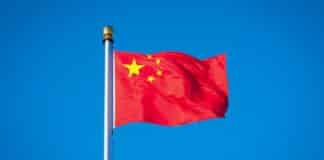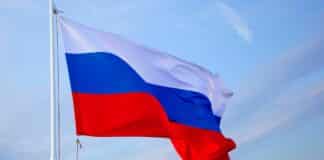USAID quietly shipped thousands of virus samples to the Wuhan Institute of Virology (WIV), a lab tied to the Chinese military, over a 10-year period. Internal documents reveal no formal agreement or U.S. oversight. The revelation raises concerns about biosecurity and the agency’s judgment.
The documents, obtained via FOIA, show that USAID’s $210 million PREDICT program, funded by UC Davis, collected viral samples globally. Yet when funding ended in 2019, no long-term storage plan existed. Despite this lapse, USAID directed that 11,000 samples from Yunnan—home to viruses closely related to SARS‑CoV‑2—be sent to WIV, even though the Chinese lab was never an official partner.
WIV has documented poor biosafety practices and known ties to the People’s Liberation Army. Reports indicate some stored viruses pose pandemic risks, and U.S. government experts reportedly cannot access them. None of the samples were transferred or duplicated for U.S. custody, violating standard biosecurity protocols.
A senior State Department official stated that investigations remain active, and emphasized that, under a Trump administration, the U.S. would not support such programs again.
“Investigations involving USAID’s former funding of global health awards remain active and ongoing… The American people can rest assured knowing that under the Trump administration, we will not be funding these controversial programs,” the official said in a statement to the Daily Caller.
Senator Marco Rubio criticized USAID’s actions, suggesting the agency often failed to defend American interests.
“Beyond creating a globe-spanning NGO [nongovernmental organization]-industrial complex at taxpayer expense, USAID has little to show since the end of the Cold War… Development objectives have rarely been met, instability has often worsened, and anti-American sentiment has only grown,” Rubio stated.
Rutgers molecular biologist Richard Ebright pointed out the obvious: sending virus samples without paperwork, testing protocols, or chain-of-custody agreements is reckless. He said the contract “required all samples, or at least copies of all samples, be transferred to and stored by a U.S. government facility.”
This scandal underscores the urgent bipartisan need for stricter controls on international pathogen research. Conservative lawmakers argue it highlights a broader U.S. failure to secure dangerous biological agents. The incident also reignites debate over COVID‑19’s origins and America’s global health posture.





